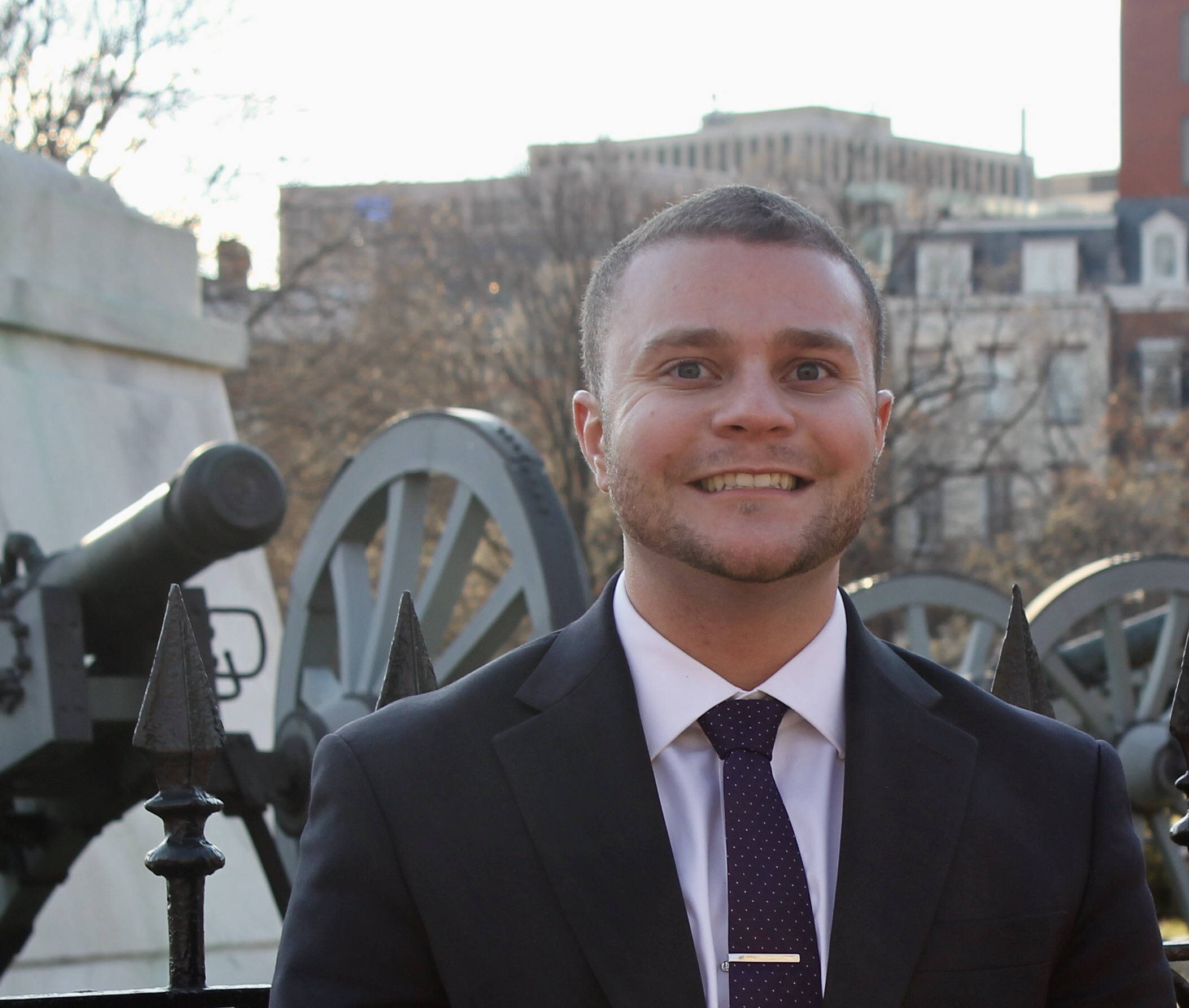Last May, President Obama visited Vietnam when he lifted the arms embargo without securing a deal that would safeguard religious groups or their members. Some Vietnam experts believe that the United States can respond by either abandoning conviction toward a partner’s (and potential future ally) religious liberty, or by holding the Vietnamese government accountable to international standards.
On September 12, the Hudson Institute and the Vietnam Committee on Human Rights held a forum where two panels discussed American policy, the next administration’s role to help promote religious freedom in South East Asia, and violations of that freedom in Vietnam. This discussion comes at a relevant time when Vietnam’s upcoming Law on Religion and Belief threatens to diminish religious freedom. Many fear the law aims to divide the Vietnamese people and increase the Communist Party’s power at the cost of individuals’ religious sovereignty. Religious autonomy in Vietnam remains vulnerable, and the panelists argued that the U.S. has the capacity to apply pressure and denounce intolerance.
Speakers agreed that the United States must adopt austere policies toward Vietnam’s neglect of international religious freedom standards. Elliott Abrams, the former U.S. Assistant Secretary of State for Human Rights, explained the perceived power struggle between the Vietnamese government and organized religions and how this would pose challenges to policies that promote religious freedom. Communist Party officials grow nervous when a local pastor sustains more authority than local party members do. Religious figures quintessentially possess more “moral authority” than the secular local party members do. By granting unrestricted religious freedom, however, Abrams argued that the Vietnamese government would gain moral authority and legitimacy.
Abrams anticipated that the Communist Party would resist altering its outlook on religious practice. Vietnam desires all the benefits of a relationship with the United States without conceding any liberties to its citizens. Therefore, the “independent variable” here is not the Vietnamese regime, whose approach we can envisage. Rather, it is the United States.
Kristina Arriaga, U.S. Commission on International Religious Freedom Commissioner, argued that religious freedom is tied to human dignity. She clarified the need for U.S. citizens to propagate the issue of religious intolerance in Vietnam. Moreover, she asserted, “we must put pressure on the State Department and on the current and next Administration.” In addition, Abrams suggested individuals should appeal to his or her state’s congressional representatives to convince them to support pressure on Vietnam. Finally, concerned citizens should engage the press to inform the public because the Vietnamese government does not want to suffer embarrassment, should the U.S. publicly condemn its religious freedom violations.
Yet, it is precisely that which needs to happen. Vietnam is not upholding the international religious freedom standards that it signed and pledged to preserve. According to Arriaga, it is imperative for the U.S. to label Vietnam as a “country of particular concern,” (CPC) because of the apparent restrictions placed on religious groups. Especially since “without religious freedom, no other right exists.”
Labeling Vietnam as a CPC could be used as a tool to rekindle the relationship between the U.S. and Vietnam toward religious acceptance. Both nations need to maintain the strategic relationship, but not at the cost of sacrificing one of America’s foremost tenets of freedom. So the question remains, how will the U.S. respond to one of its key partners?
—
Logan White is an intern at Providence and a Falls Church Fellow. He earned his Bachelor of Arts degree from Drake University with a double major in Political Science and History. He focuses on East Asian studies.
Photo Credit: St. Joseph’s Cathedral in Hanoi, Vietnam. By ume-y, via Flickr.







 Sponsor a student for Christianity & National Security 2024
Sponsor a student for Christianity & National Security 2024